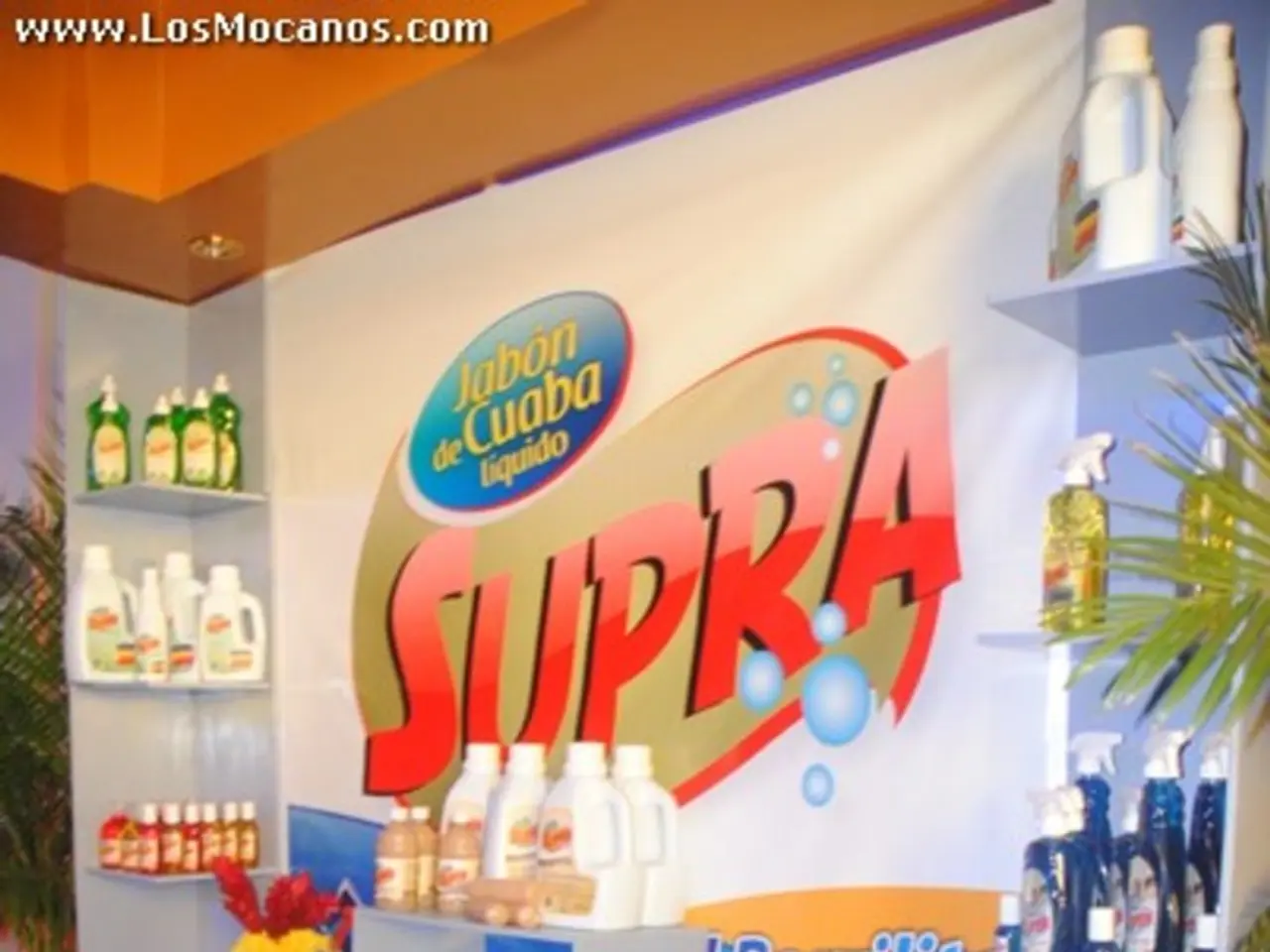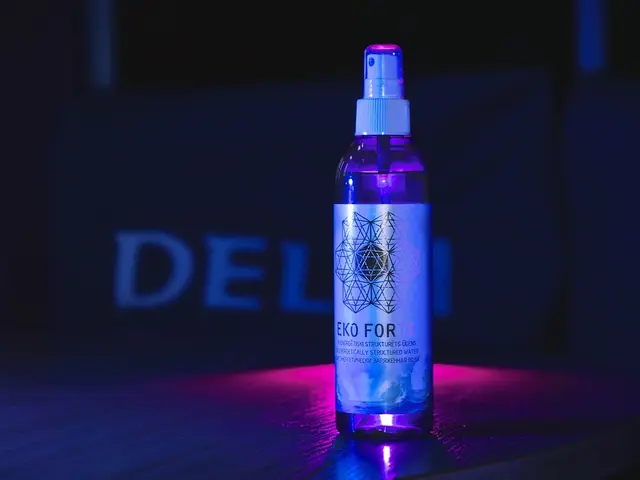Projected Growth of the Mineral Sunscreen Market Valued at USD 15.0 Billion by 2034
The global mineral sunscreen market is on an impressive growth trajectory, with projections estimating a rise from USD 4.2 billion in 2024 to USD 15.0 billion by 2034, at a Compound Annual Growth Rate (CAGR) of 13.6%[1]. This growth is driven by a variety of factors, including increased consumer awareness of skin health, a preference for clean and eco-friendly products, and stricter regulations on chemical-based sunscreens.
One of the key drivers fueling this growth is the heightened awareness of the harmful effects of UV radiation. As consumers become more conscious of their sun protection options, they are increasingly turning to mineral sunscreens, which are perceived as safer alternatives to chemical-based sunscreens[1].
The trend towards clean and eco-friendly personal care products has also boosted demand for mineral sunscreens. These products, which often contain natural ingredients such as zinc oxide and titanium dioxide, are seen as safer and more sustainable[1]. Moreover, stricter regulations on chemical-based sunscreens in some regions have further driven demand for mineral alternatives, which are often seen as more compliant with current ecological standards[1].
The development of cosmetic-compatible mineral sunscreen formulations is creating new opportunities, particularly in the facial sunscreen segment, which is driven by daily usage and high profit margins[1]. Companies are also focusing on increasing their distribution channels to capitalize on the rising demand for natural and mineral sunscreens, especially in regions with high awareness like North America and Europe[2].
Regions such as the Asia-Pacific and Latin America offer growth opportunities due to increasing middle-class populations and urbanization, leading to heightened demand for natural and organic products[2]. In 2024, the Asia Pacific region held the largest share of the Mineral Sunscreen Market, with 35.6%[2].
The future of the mineral sunscreen market looks promising, with strong regional performances and a clear trend toward more natural, skin-safe, and environmentally friendly products. In recent years, we have seen significant investments in the industry, with companies like Ras Luxury Skincare, CHOSEN, Seen Hair Care, Oak Essentials, and others securing substantial funding[3].
Mineral sunscreens are favored for their non-toxic nature and efficacy in protecting the skin. They are becoming more widely accepted due to recommendations from dermatologists. In addition, these products are often marketed as being reef-safe, responding to environmental concerns about the damage caused by chemical ingredients in sunscreens to marine life and coral reefs[4].
Other products like lip balms and moisturizers with built-in mineral sunscreen are gaining popularity. Innovation in sunscreen formulations, such as micronization and nanotechnology, is reducing the white cast of mineral sunscreens, making them more appealing to consumers[5].
However, it's important to note that different countries have varying regulations for sunscreen products, which can delay product launches and limit market penetration[6]. Despite these challenges, the global mineral sunscreen market holds substantial growth potential, particularly in emerging markets.
Sources: [1] https://www.marketsandmarkets.com/Market-Reports/mineral-sunscreen-market-748.html [2] https://www.grandviewresearch.com/industry-analysis/mineral-sunscreen-market [3] https://www.prnewswire.com/news-releases/ras-luxury-skincare-raises-usd-5-million-in-series-a-funding-to-accelerate-global-growth-301497506.html [4] https://www.reefsafe.org/reef-safe-sunscreens/ [5] https://www.ncbi.nlm.nih.gov/pmc/articles/PMC7465623/ [6] https://www.fda.gov/cosmetics/product-and-ingredient-safety/sunscreen-innovation-and-regulation
- The growth of mineral sunscreens in the global market is, in part, attributable to the increasing interest in health-and-wellness products, as consumers gravitate toward products perceived as safer for their skin.
- The lifestyle and fashion-and-beauty sectors are evolving to accommodate a greater demand for clean and eco-friendly skin-care options, such as mineral sunscreens, which are often made with natural ingredients and are viewed as more sustainable.





